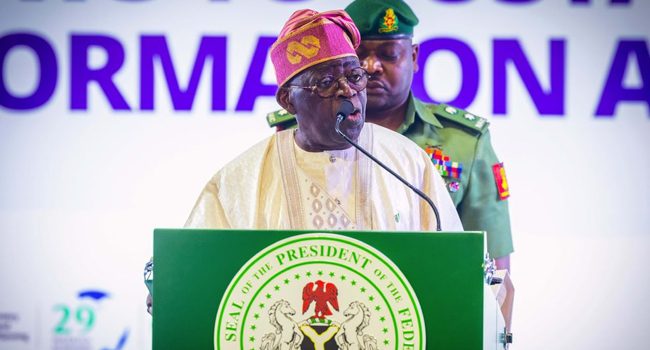In a historic ruling, the Community Court of Justice of the Economic Community of West African States (ECOWAS) declared that the blasphemy provisions in Kano State law breach Nigeria’s international commitments to human rights. The judgment, delivered in the case of Incorporated Trustees of Expression Now Human Rights Initiative v. Federal Republic of Nigeria (ECW/CCJ/APP/41/23), emphasizes the incompatibility of these laws with the protections for freedom of expression enshrined in regional and international human rights standards.
The Case and Its Implications
The public interest litigation was brought forward by the Incorporated Trustees of Expression Now Human Rights Initiative, a Nigerian NGO dedicated to protecting human rights. They challenged the legality of blasphemy laws that had led to arbitrary arrests, detentions, and even death sentences for alleged religious insults. The NGO highlighted not only the oppressive consequences of these laws but also the vigilante violence that often left accused individuals at the mercy of mobs acting with impunity.
The case underscored the Nigerian government’s failure to uphold citizens’ rights to life, religious freedom, and freedom of expression.
ECOWAS Court’s Jurisdiction and Key Findings
The ECOWAS Court asserted its jurisdiction under Article 9(4) of its Protocol, recognizing its mandate to address human rights violations within member states. While the Court allowed the freedom of expression claims to proceed, it ruled that claims regarding life and religious freedom were inadmissible as private rights unsuitable for public interest litigation (actio popularis).
In its judgment, the Court found the following legal provisions unconstitutional under international human rights law:
Section 210 of the Kano State Penal Code: Declared vague and legally imprecise, offering no clear guidelines on what constitutes a religious insult.
Section 382(b) of the Kano State Sharia Penal Code Law (2000): Labelled “excessive and disproportionate” for imposing the death penalty for insulting the Prophet Muhammad.
The Court determined that these laws failed the human rights tests of legality, necessity, and proportionality, as outlined in Article 9(2) of the African Charter on Human and Peoples’ Rights and Article 19 of the International Covenant on Civil and Political Rights (ICCPR).
Court Orders and Next Steps
The Court issued the following directives:
Declared that Section 210 of the Kano State Penal Code and Section 382(b) of the Kano State Sharia Penal Code Law (2000) are incompatible with Nigeria’s obligations to protect freedom of expression;
Ordered the Federal Republic of Nigeria to repeal or amend the identified legal provisions and similar laws to align with Article 9(2) of the African Charter.
Significance of the Judgment
This ruling by the ECOWAS Court is a pivotal step toward strengthening human rights protections in West Africa. It affirms the importance of safeguarding freedom of expression while balancing religious sensitivities in a democratic society. Beyond Nigeria, the judgment sends a clear signal to member states that laws promoting oppression or discrimination cannot stand.
The decision also highlights the role of civil society and NGOs in advocating for systemic change, underscoring the power of legal action to uphold justice and dignity.
It is hoped that Nigeria will adhere to this decision in line with its obligations under ECOWAS laws.








Fantastic breakdown of the topic. This site is a go-to
for trustworthy info.